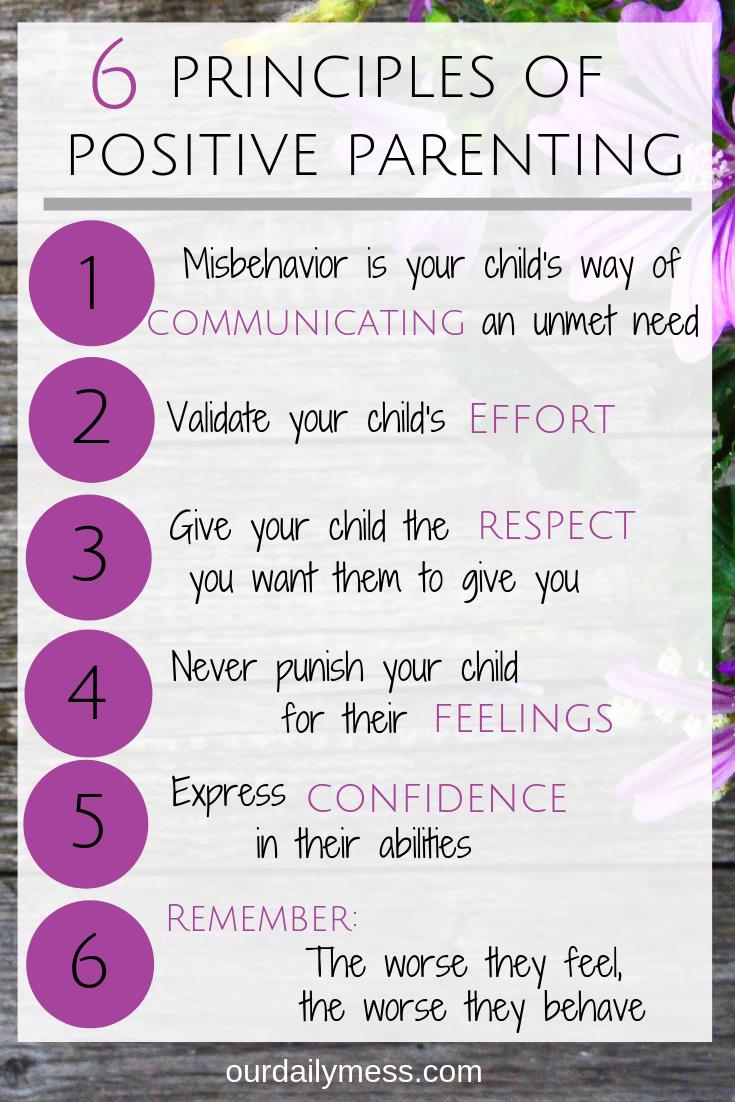
Parenthood is an adventure unlike any other. It's a journey of love, joy, and fulfillment, but it can also be one of the most challenging experiences you'll ever face.
As a modern parent, you're navigating uncharted territory in a world that's constantly changing. From managing screen time to dealing with tantrums, balancing work and family to encouraging healthy habits, there are countless obstacles to overcome every day.
But fear not! With the right mindset and tools at your disposal, you can survive – and even thrive – in this incredible journey called parenthood.
In this article, we'll explore some of the astonishing adventures that modern parents face and provide you with practical tips and strategies to help you navigate them successfully.

Whether you're a new parent or have been raising kids for years, this survival guide is designed to support you on your parenting journey and help you create a fulfilling life for yourself and your family.
So let's get started!
Managing Screen Time
Get a grip on your kids' screen time with these helpful tips that'll make you feel like a tech-savvy superhero.
Digital detox is the first step to managing your children's screen time effectively. Start by setting boundaries, such as no screens at mealtime or before bedtime. Encourage other activities like reading, playing outdoors, or spending quality family time together.

But we all know that sometimes it's hard to pry those devices out of their little hands. That's where parental controls come in handy. You can limit access to certain apps or websites and set daily usage limits.
Remember, it's not about completely eliminating technology from their lives but finding balance and moderation. With these tools at your disposal, you can confidently navigate the digital world with your family and enjoy some much-needed peace of mind - even when dealing with tantrums!
Dealing with Tantrums
Dealing with tantrums can be challenging for parents. When your little one starts thrashing around on the floor, screaming and crying at the top of their lungs, it can be difficult to know what to do next. However, tantrums are a normal part of childhood development and they happen for various reasons.
One way to deal with tantrums is through positive discipline. This means setting clear boundaries and expectations, but also using positive reinforcement when your child behaves appropriately.

Another important aspect of dealing with tantrums is helping your child learn emotional regulation skills. When children become overwhelmed by their emotions, it can lead to a tantrum. Teaching them how to recognize and manage their feelings in a healthy way can prevent future outbursts. This includes modeling appropriate behavior yourself and creating a calming environment during times of stress.
Remember that while tantrums may be frustrating in the moment, they are an opportunity for growth and learning for both you and your child. As you navigate through the ups and downs of parenthood, it's important to find balance between work and family life.
While being present for your child is crucial, it's also necessary to take care of yourself so that you have the energy needed to meet both personal and professional demands. By prioritizing self-care activities such as exercise or meditation, you'll be better equipped to handle whatever challenges come your way as a parent.
Balancing Work and Family
You may find it challenging to balance work and family, but by prioritizing self-care activities, such as exercise or meditation, you can increase your energy levels and better handle the demands of both worlds.

Workplace flexibility can also help ease the burden of juggling responsibilities. Many employers now offer options like remote work or flexible hours that can allow parents to better manage their time.
Outsourcing childcare is another option that some families choose to help balance work and family life. Although it may be expensive, having a reliable caregiver can give parents peace of mind while they are at work.
It's important to remember that finding a balance between work and family requires constant effort and adjustment. Encouraging healthy habits for yourself and your children is an essential part of maintaining this equilibrium.
Encouraging Healthy Habits
Encouraging healthy habits is crucial for maintaining a balanced and fulfilling life, and it's easier than you might think!

Meal planning can be a game-changer when it comes to your family's health. By taking the time to plan out your meals for the week, you can ensure that everyone is getting the proper nutrients they need without resorting to fast food or unhealthy snacks. Plus, involving your kids in the meal planning process can help them learn about nutrition and develop healthy eating habits that will benefit them in the long run.
Another way to encourage healthy habits is by incorporating outdoor activities into your family's routine. Whether it's going for a walk after dinner or spending a day at the park on weekends, getting outside and being active as a family not only promotes physical health but also strengthens bonds and creates lasting memories.
So why not make it a goal to plan at least one outdoor activity per week? Your family will thank you for it in more ways than one!
As you navigate school and extracurricular activities with your children, remember that prioritizing their health and wellbeing should always come first.

Navigating School and Extracurricular Activities
Navigating school and extracurricular activities with your little angels is a piece of cake, it's not like you have anything else to worry about. Just kidding! We all know that managing schedules, homework, and after-school activities can be overwhelming at times. But fear not, there are ways to make this process smoother.
Firstly, parent-teacher communication is key. Make sure you attend parent-teacher conferences and stay in touch with your child's teacher throughout the year. This will help you understand your child's progress and any areas where they may need extra support.
Also, when choosing extracurricular activities for your child, take their interests into consideration but also keep in mind their energy levels and what fits best into their schedule. Remember that it's okay to say no to some activities if they're causing too much stress or impacting your child's academic performance.
By prioritizing communication and being intentional about activity choices, you can create a healthy balance for both you and your little ones.

As parents, we want our children to thrive in all aspects of life. So now that we've tackled navigating school and extracurricular activities, let's talk about building resilience - an essential skill for success in the long run.
Building Resilience
Now that you've navigated the ins and outs of school and extracurricular activities for your children, it's time to focus on building resilience in your family.
Life can be unpredictable, and it's important to equip your children with the tools they need to handle whatever challenges may come their way.
One way to do this is by cultivating mindfulness in your household. Encourage your children to take a few moments each day to simply breathe and be present in the moment. This practice can help them learn how to manage stress and anxiety, which will serve them well throughout their lives.
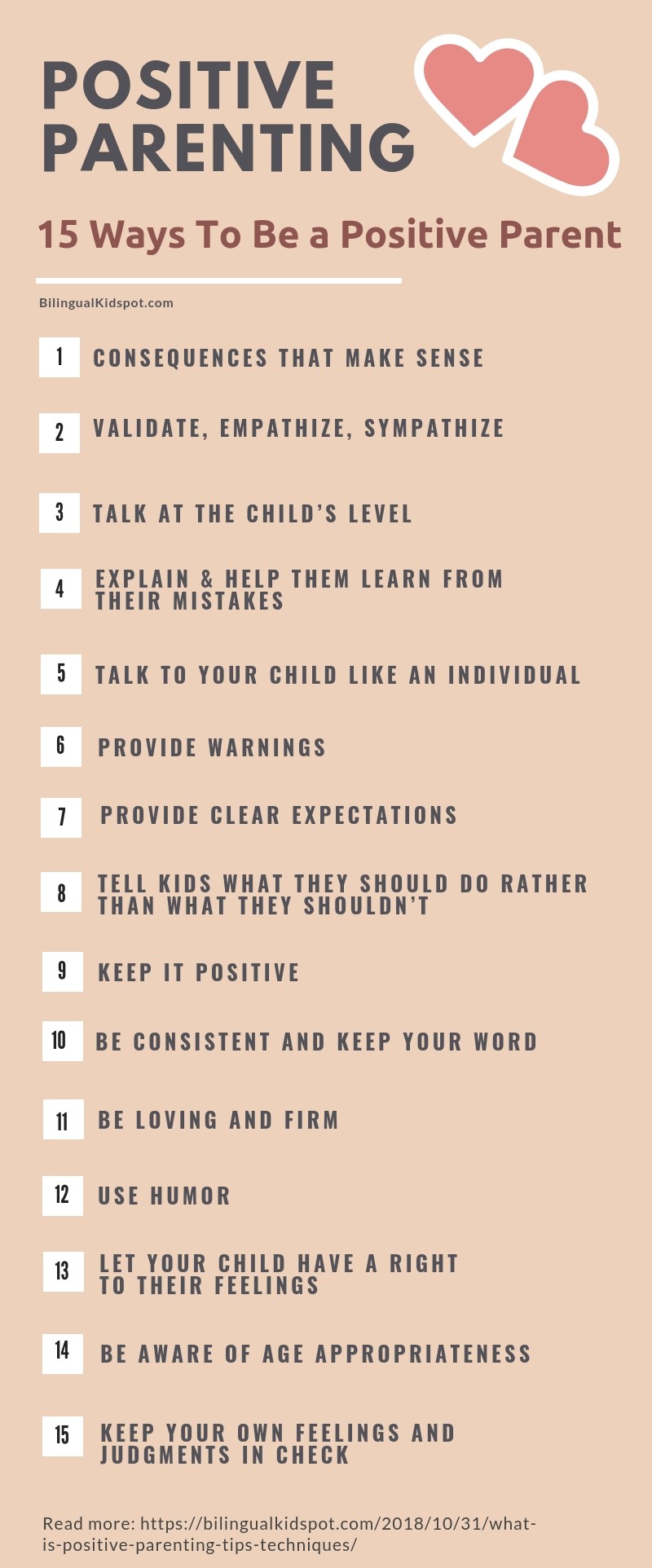
Additionally, fostering independence is another key component of building resilience. Allow your children age-appropriate responsibilities and give them the space they need to make mistakes and learn from them. By doing so, you're helping them develop confidence in themselves and their abilities, which will prepare them for whatever obstacles they may encounter down the road.
Frequently Asked Questions
How can I help my child develop their emotional intelligence?
To help your child develop their emotional intelligence, there are practical exercises and empathy-building activities you can incorporate into their daily routines.
Encourage them to identify and express their emotions by asking how they feel about certain situations or events. Teach them to listen actively and empathize with others by role-playing different scenarios where they need to understand someone else's perspective.
You can also encourage them to practice mindfulness techniques such as deep breathing or meditation. These techniques can help regulate their emotions in challenging situations.

By incorporating these simple yet effective practices into your child's life, you can help them build a strong foundation for emotional intelligence that will serve them well throughout their lives.
What are some effective strategies for co-parenting with a difficult ex-partner?
Co-parenting with a difficult ex-partner can feel like trying to navigate through a minefield. One wrong step and everything blows up in your face. But, effective communication and boundary setting can make all the difference.
Think of it like fencing - you need to keep your distance, know when to block, when to parry, and when to strike. You can't control the other person's moves, but you can control yours.
Set clear boundaries for what's acceptable behavior and stick to them. Communicate assertively without being aggressive or defensive. Remember that this isn't about winning or losing, it's about creating a healthy co-parenting relationship for the sake of your child.
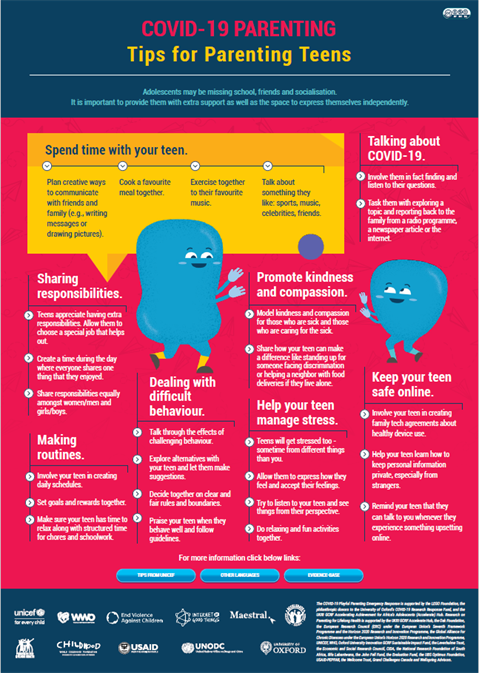
It won't be easy, but by staying calm and focused on what's best for your child, you can successfully co-parent with even the most difficult ex-partner.
How do I handle my child's questions about difficult or sensitive topics?
When it comes to handling difficult or sensitive topics with your child, age-appropriate explanations are key. It's important to consider their level of understanding and tailor your response accordingly.
Additionally, be prepared for the possibility of difficult emotions arising from these conversations. Validate their feelings and provide a safe space for them to express themselves.
Remember that as a parent, you don't have to have all the answers, but being open and honest can go a long way in building trust with your child. By approaching these conversations with sensitivity and empathy, you can create an environment where your child feels supported and empowered to navigate challenging situations.

What are some ways to foster independence in my child while still ensuring their safety?
Encouraging independence in your child is a crucial part of their growth, but it can be tough to balance with ensuring their safety. One way to foster independence is by encouraging outdoor activities that challenge them physically and mentally.
From climbing trees to bike riding, these activities allow children to explore the world on their own terms while also helping build confidence and resilience. However, it's important to set clear boundaries and rules around outdoor play, such as staying within a certain area or wearing appropriate safety gear.
By doing so, you can ensure your child has the freedom to explore while still feeling secure and protected.
How can I support my child's mental health and well-being during times of stress or anxiety?
When your child is feeling stressed or anxious, it can be difficult to know how to support them. One effective way to help your child cope with their emotions is by teaching them mindfulness techniques.
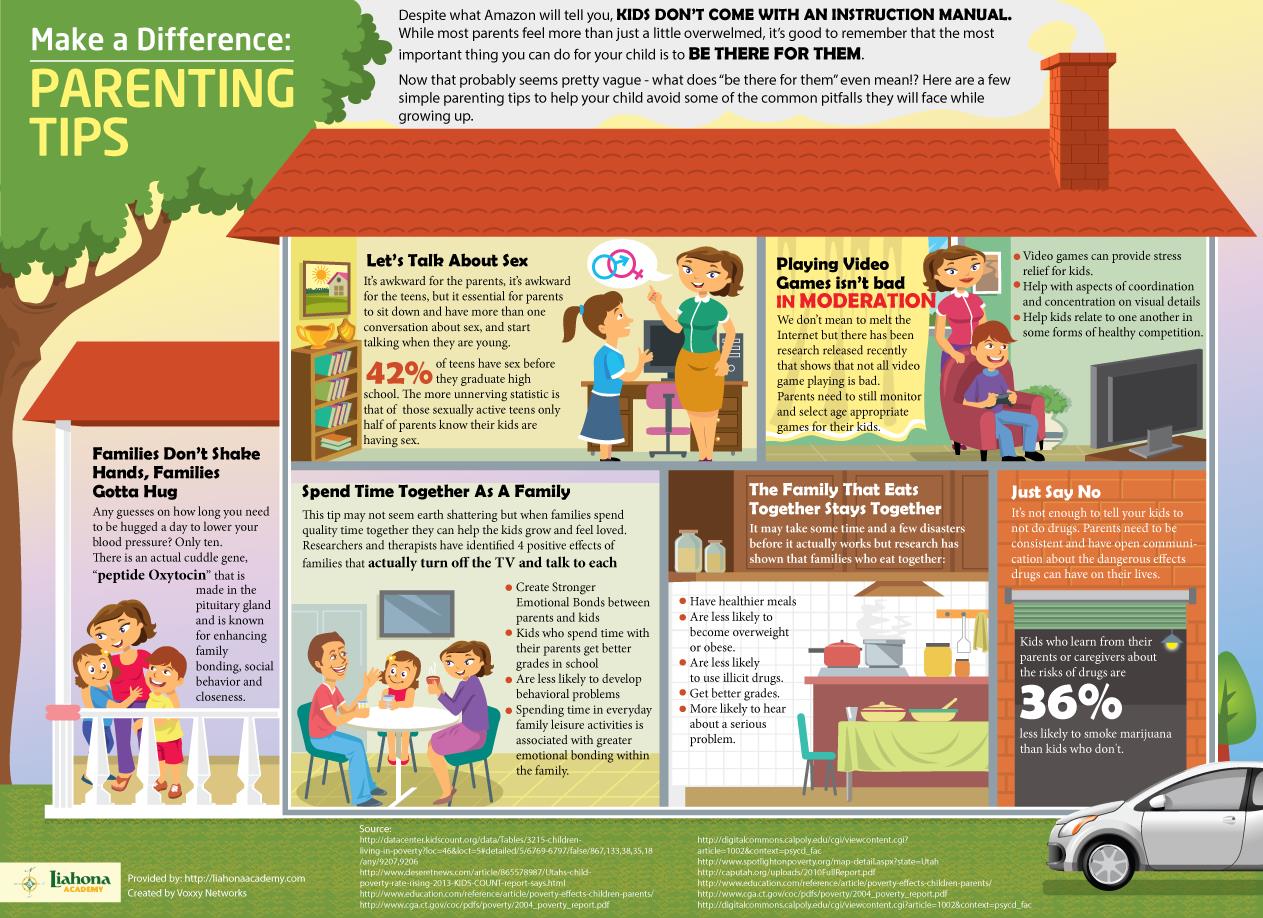
Encourage your child to take deep breaths and focus on the present moment instead of worrying about the past or future. You can also practice meditation or yoga together as a family.
If your child's stress levels persist, it may be necessary to seek professional help from a therapist or counselor. Remember that it's important to prioritize your child's mental health and well-being, and seeking outside support is nothing to be ashamed of.
Conclusion
Congratulations on making it through this survival guide of modern parenthood! You've learned how to manage screen time, deal with tantrums, balance work and family, encourage healthy habits, navigate school and extracurricular activities, and build resilience.
It's no easy feat being a parent in today's world but you're doing an amazing job. As the saying goes, "It takes a village to raise a child." Remember that you're not alone in this journey. Seek support from family, friends, or even online communities. Don't be afraid to ask for help when needed.
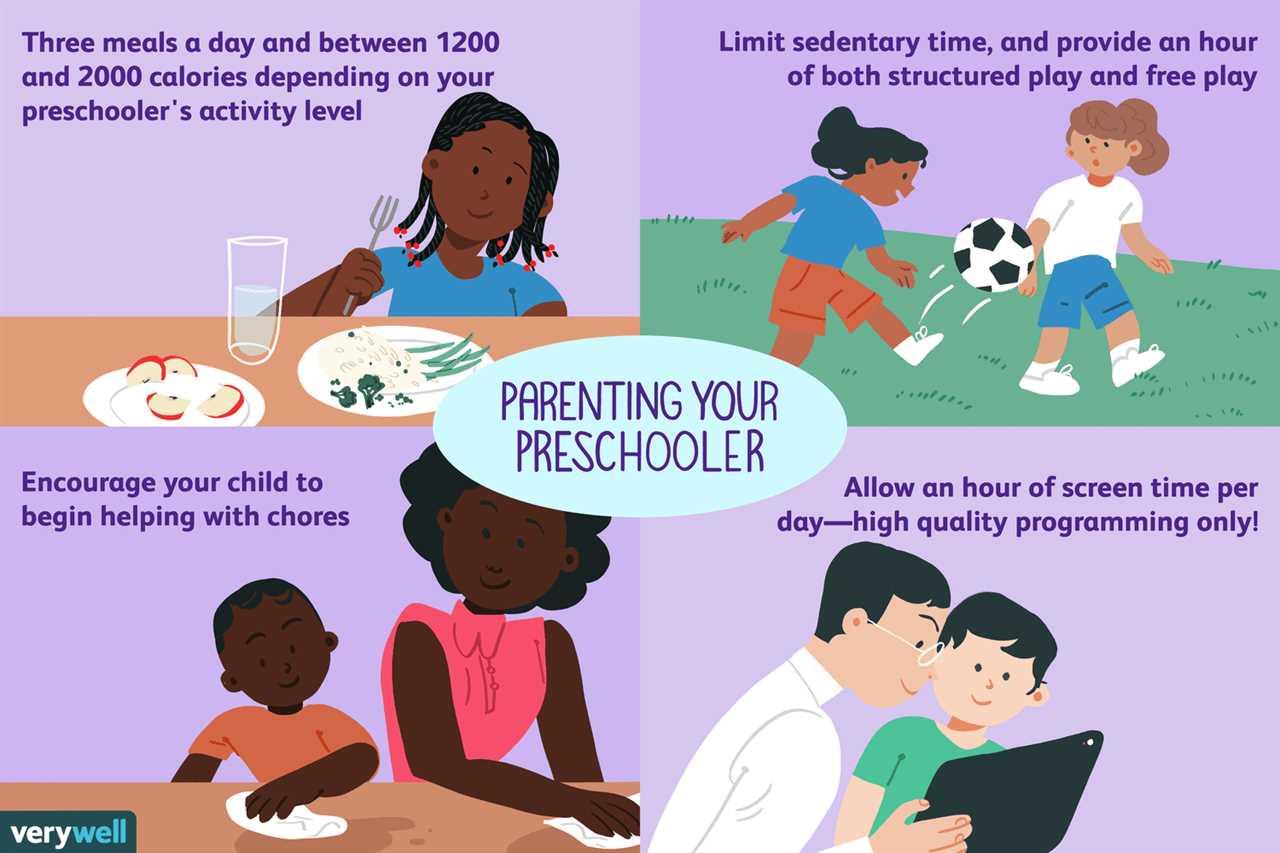
Take care of yourself too because as a parent, your well-being is just as important as your child's. Keep up the great work and know that you're shaping the future generation one day at a time.
May your parenting adventure continue to be filled with love, laughter, and cherished memories!
 RelationshipsHealthWorkMoneyParentingRetirementPrivacy PolicyTerms And Conditions
RelationshipsHealthWorkMoneyParentingRetirementPrivacy PolicyTerms And Conditions
